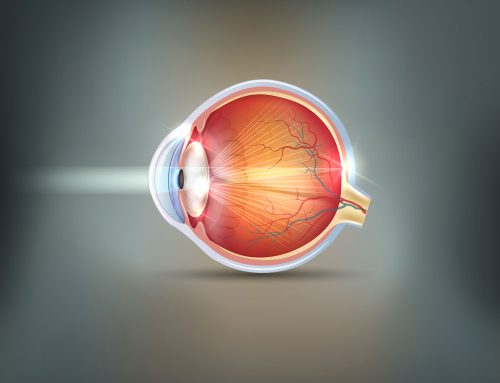
If you’ve recently been told you have cataracts or you need cataract surgery, you do have a few options. Your eye center and ophthalmologist will relay these to you in more detail. But to give you a general overview, this blog post will set out the cataract surgery considerations you’ll come across.
Deciding when to have the surgery
One option, which you might face, is deciding when to have cataract surgery. Unless your case is critical and the cataract or cataracts need to be removed as soon as possible, you will probably have some leeway when it comes to choosing the time for surgery. These days, cataracts can be safely removed at most stages of development. It’s not like it was in years past when surgeons had to wait for the cataract to become “ripe.”
If your cataract or cataracts are not adversely affecting your vision, they do not have to be removed immediately. Your eye surgeon will offer you full information on the particulars of your case and help you make this decision.
Choosing an intraocular lens type as a cataract surgery option
Another one of the options you’ll need to consider for your cataract surgery is which type of intraocular lens (IOL) you will get.
During cataract removal surgery, the ophthalmologist will remove your natural lens, which is affected by the cataract. Because you need a lens to see, the surgeon will replace your compromised lens with an IOL. There are different types, each with their own plus and minus points.
Monofocal lenses
This is the most common type of IOL used in cataracts surgeries. It’s also the one which is most likely to be covered by your health insurance plan. Medicare covers monofocal IOLs, too. Monofocals are best for people who need vision correction for near, far, and intermediate distances.
A lot of people have their monofocal IOLs set for intermediate or far distances and then use reading glasses when they need to see close up. Monofocals have been used for years and are very reliable.
Multifocal or accommodative lenses
Multifocal or accommodative lenses are a bit more expensive than monofocal IOLs. This means that not all insurance providers will cover the cost of them. However, because they help the wearer to see both far and near objects, they can eliminate the need for glasses after cataract surgery — an appealing option for many of us!
There is a drawback though, some wearers report increased “halo” effects while they are driving at night. There may also be increased glare. This is called contrast sensitivity. Some people with accommodative lenses don’t have this problem, others do. If you frequently drive at night, monofocals may be best.
Toric lenses
People with mild to moderate astigmatism are best served by toric IOLs. These lenses correct the irregular shape of the cornea and restore vision.
Give yourself the best chance of avoiding glasses after cataract surgery
Limbal relaxing incisions can be made at the same time as the cataract surgery or afterward. This additional or add-on procedure gives you the best chance of avoiding glasses after your surgery. Note that most insurance providers do not cover this extra treatment.
If you have questions about cataract surgery and your options, please come and see us at the New Jersey Eye Center in Bergenfield and Passaic NJ. Our highly experienced staff is on hand to answer all of your queries.




